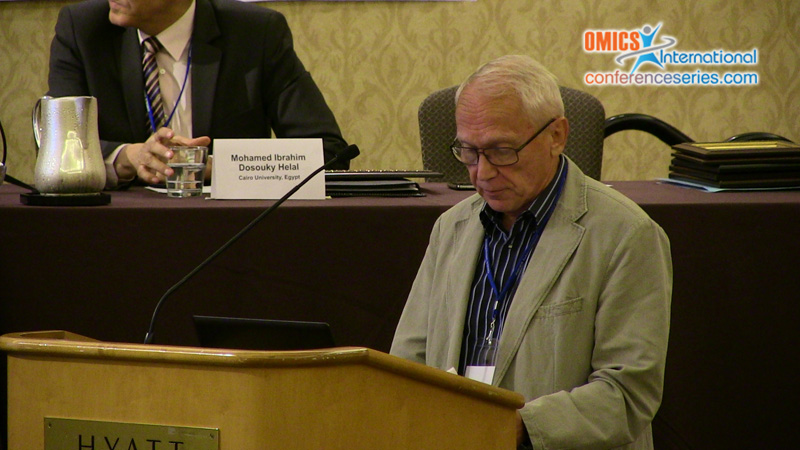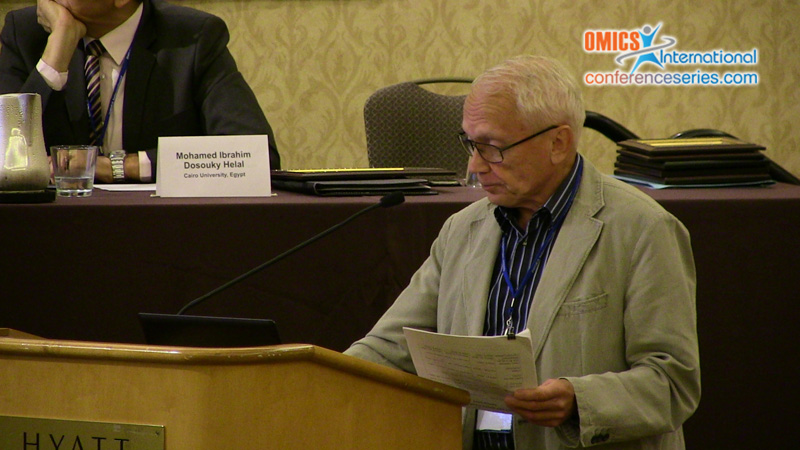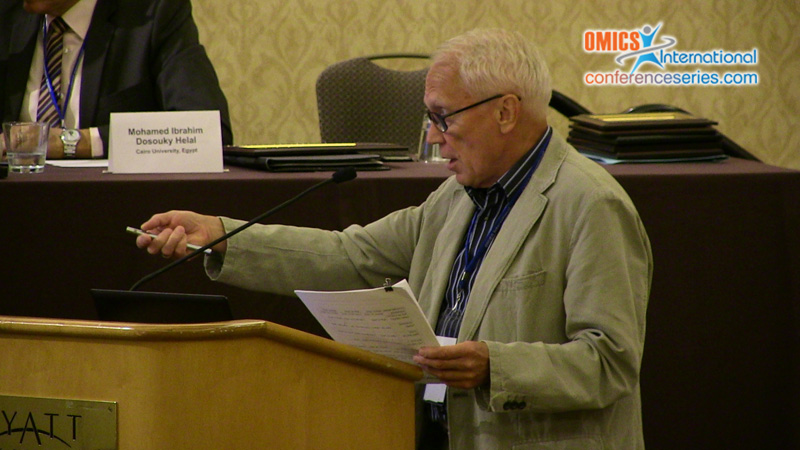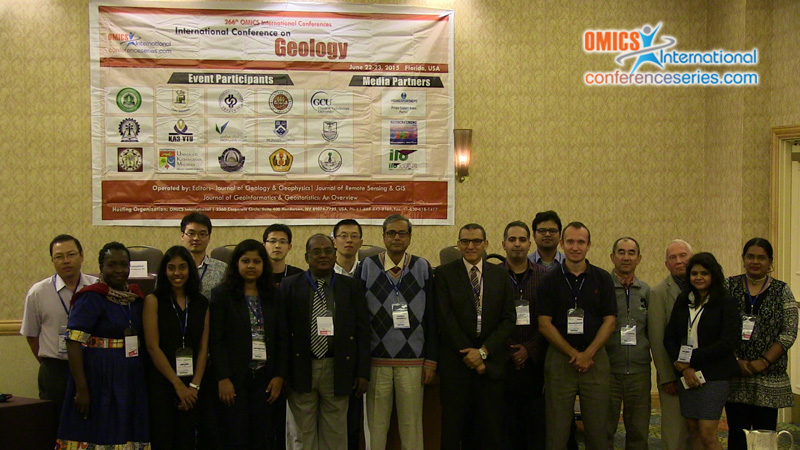
Dmitry A Kukushkin
Researchers in Geology, LLC, USA
Title: Lineament field distortion and its analysis
Biography
Biography: Dmitry A Kukushkin
Abstract
Rectilinear details of landscape – lineaments – are the most numerous elements detectable on aerial and space photos of Earth's surface. Linea¬ments form a complex web on delineation maps of aerial and space photos. Photogeologists consider lineaments to be the traces of interaction of fractures or faults of Earth’s crust with the surface, having direct and indirect relationships with geological structures. Lineament field is the surface manifestation of fields of tension, stress and deformation of rocks. General lineament field is the result of superimposition of multiple lineament fields of various scales, such as planetary, regional, and local. The causes of planetary fields of tensions, brittle disloca¬tions and lineament fields are rotational and tide tensions in the Earth's crust. Within regional geological structures regional fields of stress and tensions dominate, creating regional field of brittle dislocations and regional lineament field, which is one of the manifestations of regional stresses and tensions. Local geological structures, containing mineral deposits, are characterized by fields of stress and tension, brittle dislocations, and lineaments, superimposition and interaction of lineament fields of different types and scales in Earth’s crust and in time for general lineament field where its com¬ponents affect and distort each other. Therefore traditional methods, such as the lineaments density analysis and rose-diagrams drawing are unsuccessful in geological practice. Using physical modeling and mathematical filtration, we have developed a method that allows separation of lineament fields of different scales and nature. This method has been successfully tested on different scales in Siberia and Africa on the total area of more than 650000 km2 (250000 sq. miles).
Speaker Presentations
Speaker PDFs
Speaker PPTs Click Here




